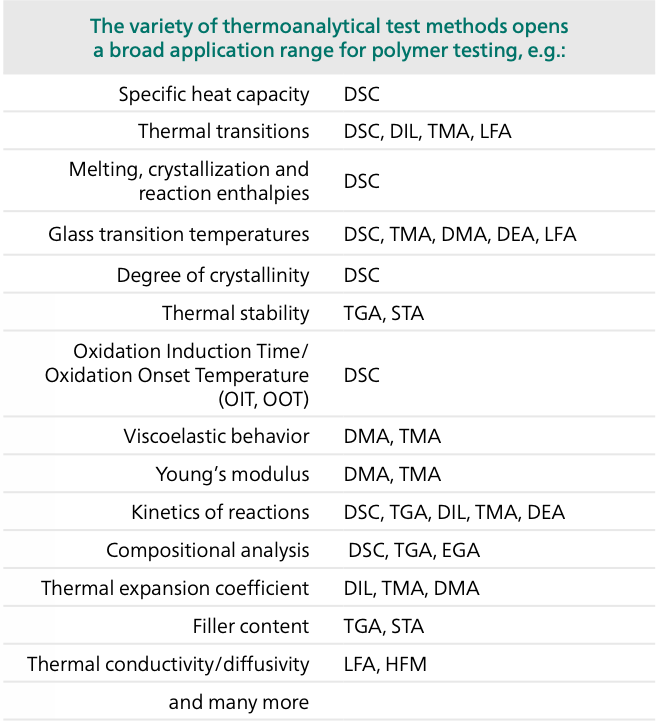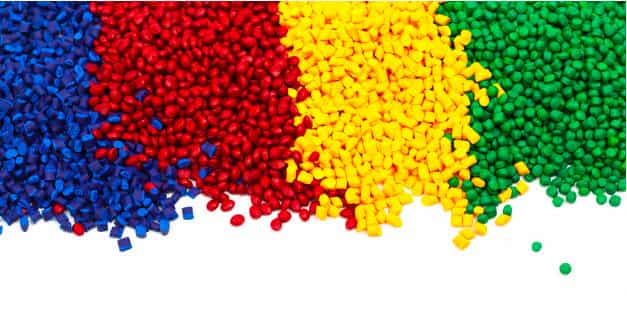Polymer materials and thermal characterization of polymers
Polymer materials have greatly changed the world we live in – without them, the world would not be as we know it today. There is something innately fascinating about them, yet we've become accus- tomed to their integral presence in our everyday lives. And today, the possibility of recycling them makes them even more interesting from an ecological and economical point of view.
Henri Braconnot’s work in the 1830s is perhaps the first modern example of polymer science. He, along with others, developed derivatives of the natural polymer cellulose, producing new, semi-synthetic materials, such as celluloid and cellulose acetate. Since that time, eight Nobel Prizes have been dedicated to polymer science.
Just 50 years ago, materials we now take for granted were non-existent. With further advances in the understanding of polymers, and with new applica- tions being researched all the time, there is no reason to believe that this revolution will stop any time soon.
The importance of polymers in our daily lives has not come about arbitrarily, but rather as a result of the distinct advantages that they offer. These advantages include:
- Low density
- Light weight
- Good thermal and electrical insulation capacity
- Resistance to corrosion effects
- Chemical inertness
- High strength and dimensional
- stability
- Absorption of mechanical shocks
- Resistance to abrasion effects
- Good coloring
- Potential for decorative surface effects
- Low production costs
- Easy processability
- Great flexibility of form
During their production, processing and application, polymers are subjected to temperature-dependent struc- tural changes. Therefore, thermal analysis for characterization of polymers is widely practiced today in research and industry. More and more applications are being backed up by national and international standards (ISO, EN, ASTM, DIN, etc.). Thermal analysis techniques give insight into the thermal properties of polymer materials and products and gain information regarding the condition or processing history of specific samples relative to reference samples. This makes thermal analysis very well-suited for quality control and quality assurance. Incoming materials inspection as well as materials selection can be carried out safely and easily. Also for the research and devel- opment of new materials, thermal analysis is an indispensable tool for investigating a broad range of materials properties.

Want to boost your polymer thermal analysis expertise?? Don't forget to checkout training:
Using DMA (Dynamic Mechanical Analysis) For Advanced Thermal Analysis To Optimize & Speed-up Polymer Formulations
Thermal analysis of polymers for faster product developments and solving thermal processing issues of polymers
source and credit: www.netzsch-thermal-analysis.com

